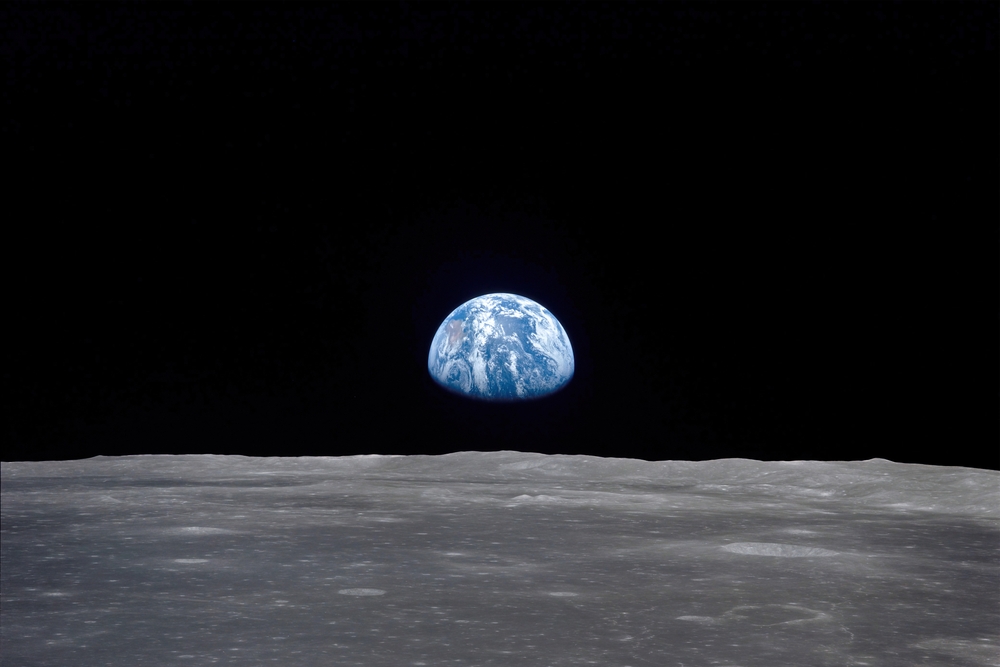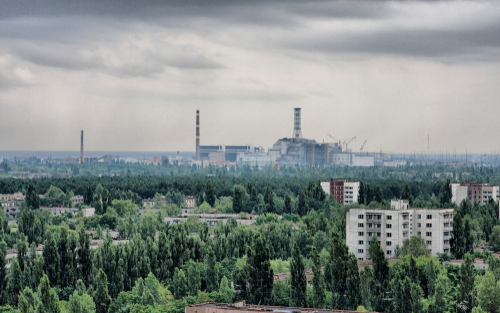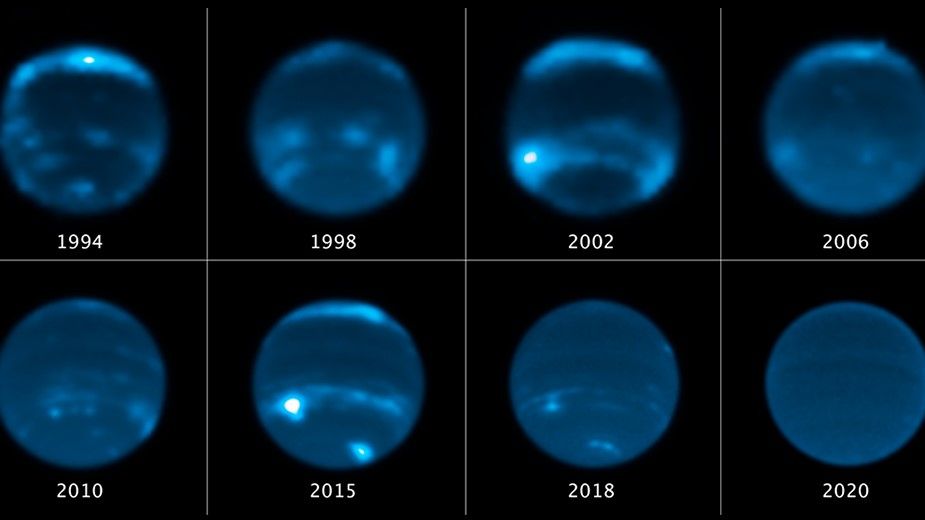If you landed on the moon today and conducted a thorough survey of the landscape, you would encounter multiple U.S. flags and a single Chinese one upon its dusty surface.
These national symbols, however, bear little weight when it comes to land claims and territorial jurisdiction in this realm. That’s because international terms have established that no nation can claim land in outer space or upon any celestial body – no planet, moon or asteroid.
Such places are “the province of all mankind,” according to the Outer Space Treaty signed by the U.S. and many other countries in 1967. But debate continues over whether the accord prohibits private industry from operating in outer space, particularly space mining.
If Acme Moon Company flies to the Sea of Tranquility, collects a moon rock, and returns home, does it enjoy full property rights over the rock? Or has Acme violated international law?
As nations gear up for a new space industry race, the answer to this question remains murky.
Space Mining: Metals Beyond Measure
The solar system contains resources on a scale that humanity is only just beginning to understand, and companies (and divisions of companies) have formed hoping to extract them.
Davida, the seventh largest asteroid in the system, is estimated to contain $27 quintillion ($26,990,000,000,000,000,000) in metals, along with nitrogen, ammonia and hydrogen. The “golden asteroid,” or 16 Psyche, is composed of iron, nickel and gold, and is worth a mere $10 quintillion. NASA plans to launch a space probe in October 2023 that will fly to the asteroid and survey it.
NASA has also inked contracts with four different space mining companies to fly to the moon, take a small sample, and fly back. The contracts are intended to establish a precedent for extracting celestial materials, which remains a controversial topic.
The first contracts provided only a small amount of funding, and many of the companies have since run into financial or other trouble. Earlier this year, ispace’s Hakuto-R moon lander crashed into the moon, leaving behind a small crater.
Read More: Is Space Mining the Eco-Friendly Choice?
The Outer Space Treaty
With all these desirable resources, it’s unclear who can actually claim them. At the height of the Cold War, some 60 countries signed on to the Outer Space Treaty, which banned the militarization of space and prevented spacefaring nations from laying claim to it.
The now famous Article 2 states that space and its contents are “not subject to national appropriation by claim of sovereignty, by means of occupation, or by any other means.”
The treaty further explains that any nongovernmental entity (such as a space miner) that operates in space must first receive special approval from its national government and follow all the rules of the treaty. Some opponents have argued that this invokes Article 2 and prohibits Acme from collecting its rock.
Industry proponents instead point to Article 1, which says that space “shall be free for exploration and use by all States without discrimination of any kind.” Article 2, they say, applies only to nations and not private companies.
Read More: Space Energy: Will Space-Based Solar Power Be the Wave of the Future?
The Political Movement to Create a Space Industry
Countries such as Japan, Luxembourg, United Arab Emirates and the U.S. have all passed laws that enshrine the rights of private citizens to own space materials. The U.S. started the trend in 2015 under former President Barack Obama, with a law that forbids space miners from “causing harmful interference in outer space.”
Former President Donald Trump furthered the cause with a 2020 executive order that made it national policy to encourage “the public and private recovery and use of resources in outer space, consistent with applicable law.”
The order also condemns the so-called “Moon Agreement,” a treaty signed by a handful of nations in the 1970s and 1980s – but not the U.S. The document is essentially an environmental law for the solar system that prohibits anyone from disrupting celestial resources.
Read More: The First ‘Space Hotel’ Plans to Open in 2027
The U.S. Sets a New Tone With the Artemis Accords
The Trump Administration also organized the Artemis Accords in 2020, a document that echoes the U.S.-favored interpretation that Article 2 doesn’t apply to private industry. Several countries joined in the summit, but the group didn’t include Russia and China, America’s chief space rivals.
“Although this pact claims to affirm the Outer Space Treaty, it actually increases the potential for conflict by expanding the interpretation of commercial space law while drawing hard geopolitical borders,” noted a piece in Foreign Policy. “Without Russia and especially China on board, much of the world will see the Artemis Accords as the informal rulebook of a cliquish club rather than a true multilateral agreement.”
Such conflict could result in litigation “in the near future,” according to a January bulletin from the International Bar Association. No one knows yet if states will recognize a claim to space resources issued by another country or consider it a violation of Article 2.
Read More: Scientists Sound Alarm Over Growing Amount of Junk in Space














